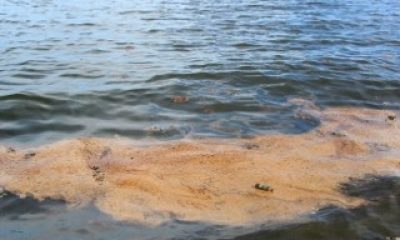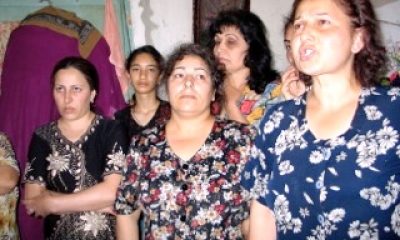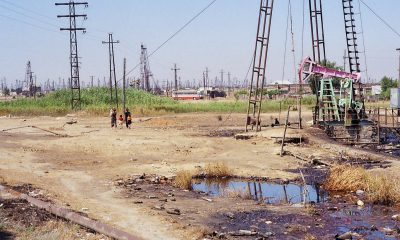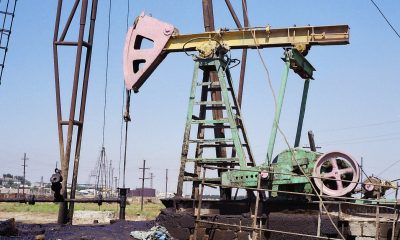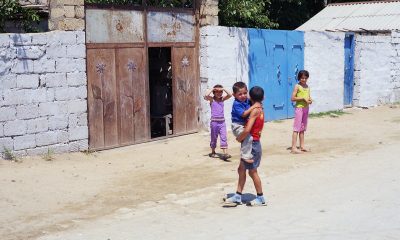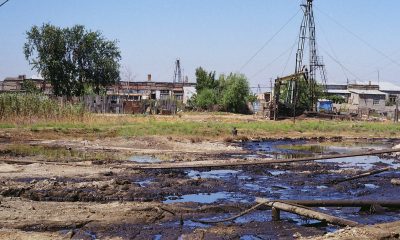Crude Accountability is working in Azerbaijan to hold international financial institutions and western governments accountable for their actions in the country. Our work focuses on:
- Monitoring international investments into the hydrocarbon sector in Azerbaijan and the Southern Gas Corridor. We are watching the IFIs to advocate for an investment approach, which strengthens human rights and the rule of law in the country.
- Advocacy surrounding the Shah Deniz II project. We are working to ensure that the European Bank for Reconstruction and Development (EBRD) and Asian Development Bank (ADB) follow their own social and environmental due diligence and disclosure policies when it comes to project financing and implementation. Impacted communities must benefit from this project.
- Raising the issues of large-scale human rights violations and corruption in Azerbaijan with international financial institutions. We seek to support the ongoing work of human rights defenders and civic activists in Azerbaijan and abroad by amplifying their message that investments in the hydrocarbon sector in Azerbaijan are fueling gross human rights violations and a crackdown on civil society at large.
For the last decade, civil society and human rights defenders in Azerbaijan have experienced constant and increasing pressure. Lack of fair elections, omnipresent corruption, large-scale human rights violations, and the lack of an independent judiciary have become emblematic of the problems with domestic politics in Azerbaijan.
However, international financial institutions (IFIs) and western democracies continue to invest in the country’s vast hydrocarbon sector in the name of development, thus fueling these gross human rights violations and supporting the authoritarian regime.
The tightening of the screws on civil society in Azerbaijan restricts civic monitoring of these lending operations. Crude Accountability works to ensure that the IFIs comply with their own social and environmental due diligence and disclosure policies in making decisions about the financing and implementation of projects. IFIs are also bound by public disclosure policies and those that ensure the public will benefit from projects that are financed with international public money.
Learn more:

